Fifteen people stared at me with a mix of attention spans. Some doodled long before I stepped to the front of the room. Some looked out the classroom window, pining to be outside on that late spring day. The rest dutifully watched me, though I wished they wouldn’t. Public speaking has always been, and still is, one of my greatest fears, second only to public reading.
At sixteen years old I loved comic books, video games and sci-fi movies. If you gave me a pencil and paper, or a soccer ball for that matter, I could do amazing things. Put me in front of a group of my peers and tell me to READ? Hell. My hands felt slick with sweat. My heart thumped hard in my throat. And my stomach churned with discomfort. As I walked to the front of the class, I stared at the linoleum floor, feeling as small as the dust worn into the cracks. Despite being liked by most and known as the small private school’s elite (only) artist and champion dodge ball player, my audience looked more like a demonic horde than my friendly classmates.
But that was my first real creative writing class. I loved writing. The idea of creating worlds and telling stories fired my imagination. Excitement trumped fear as I stood, and with a shaky voice that matched my trembling hands, I turned my eyes from the floor to the page, and read.
I don’t remember most of what I read that day. Only one line mattered. “He stood firm against the wind.” In fact, only one word mattered. Firm. That’s all it took. The laughter that erupted confused me. I thought something had happened while I read from the page. Maybe someone broke wind and I didn’t hear it? The tone of the laughter had that quality—like something foul had taken place. I looked up and found that even the doodlers and spring-time daydreamers were laughing.
The same classmate who’d laughed first cleared up my confusion by performing his best impersonation of MTV’s cartoon, Beavis and Butthead, “Uhh, huh, he said firm.” The laughter grew and became a mocking chorus of humiliation. Not even the teacher could keep herself from having a good chuckle at my expense. My eyes returned to the floor, dropping in unison with my frown.
Full disclosure, I’m an emotional person. Always have been. Never took a lot to make me tear up (if you read the blog post about Buddy, you already know this) but this was high school damnit, so I held my emotions in check. With the teacher’s insistence, I spent the next ten minutes reading the rest of my story while the chuckling continued. I finished and took my seat, unable to look anyone in the eyes.
I stopped writing. Every time I even thought about writing, my mind would return to that moment. My literary doldrums continued for about a year. When I finally did start writing again, it was in a small, pocket-sized notebook that I kept hidden in my room like it was a dirty porn magazine. Through the rest of high school and college, I didn’t write much and when I did, I kept my stories hidden. Had my life gone unchanged and my friends remained the same, I have no doubt I would have never overcome my shame.
But things did change, and I married (at age 20—no babies involved) a woman that I trusted not to laugh. And despite being a far, far better writer than I, she didn’t laugh. And every time she didn’t laugh, I wrote more. I’m sure she secretly cringed every time I gave her something to read, but she encouraged me, and gently critiqued my work, somehow sensing that something more would give me flashbacks of the humiliation that nearly sabotaged my career as an author before I’d even considered it.
And now, here I am with eleven novels under my belt, several more on the way, available in ten languages and scores of readers who still laugh at my writing, but usually where intended. High school leaves scars on us all. This is one of my deepest. It has been dulled by the love of my wife, but also now by the kind words of fans who write, nearly daily, to remind me that there is nothing wrong with standing firm. Thanks to you all!
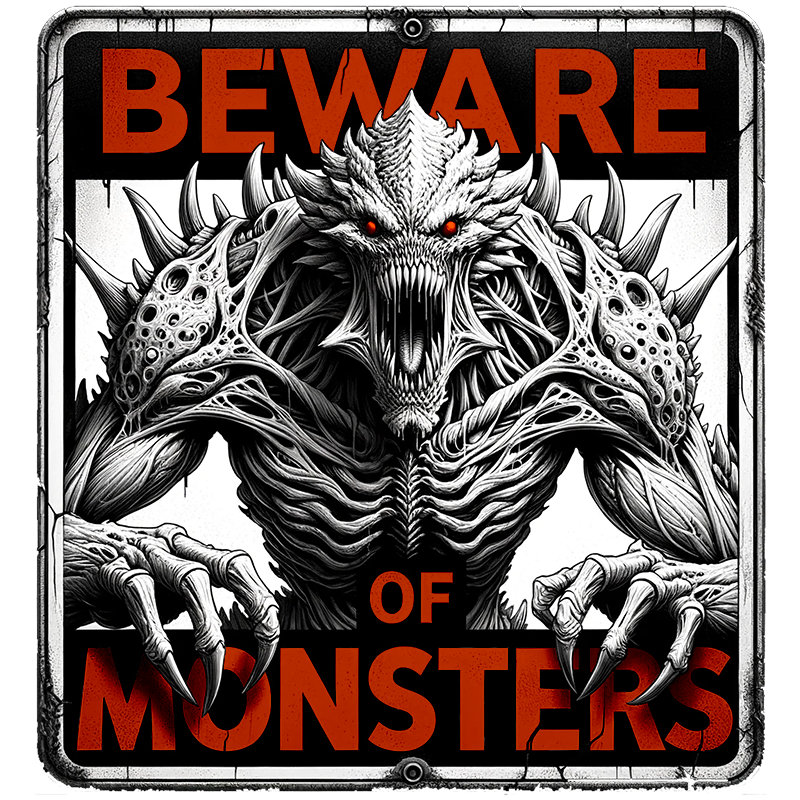

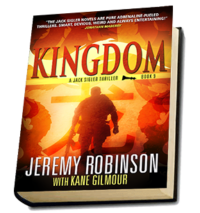
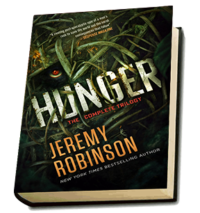
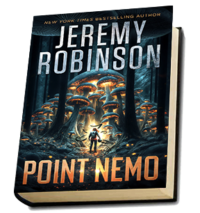
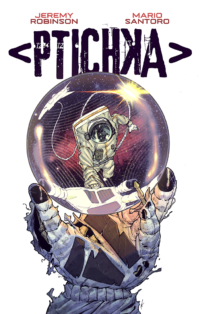
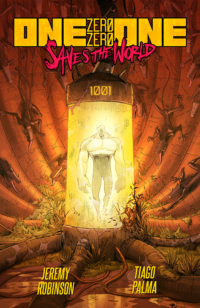
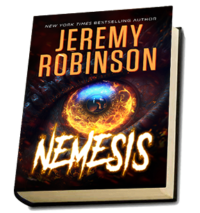
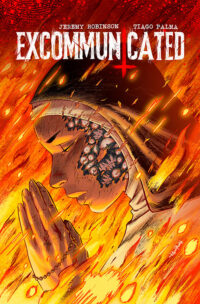
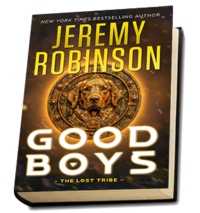
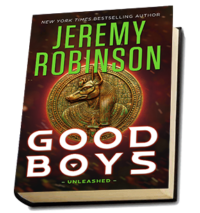
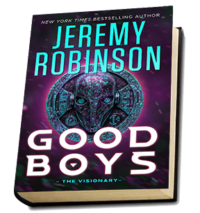
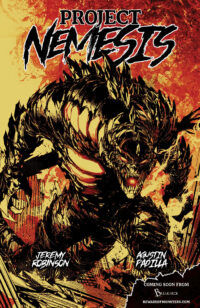
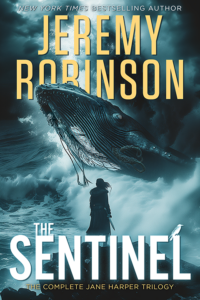
Leave a Reply